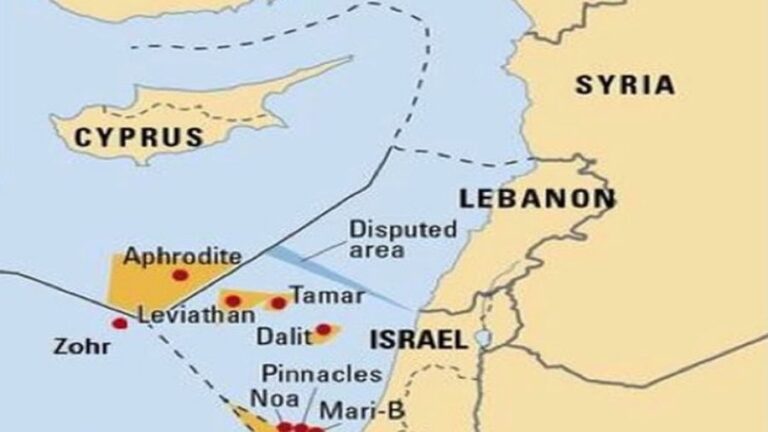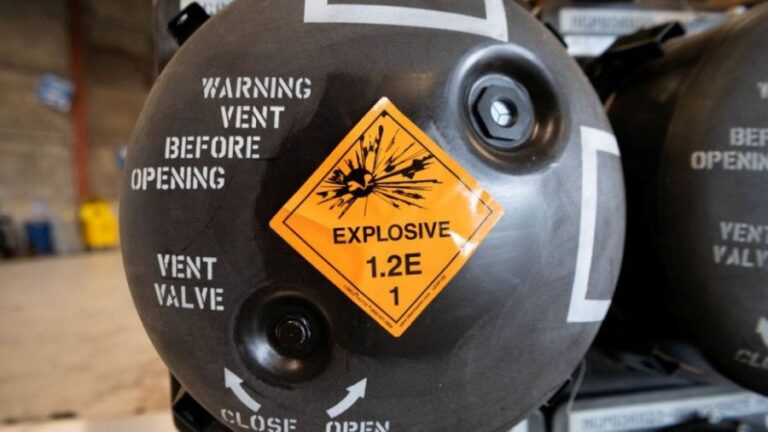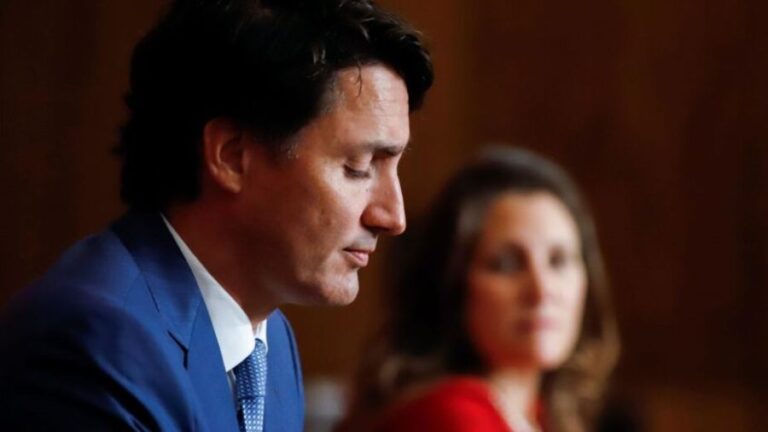The US, Poland, & Germany Are Responsible for Russia Formally Withdrawing from the CFE Treaty
The US, Poland, and Germany’s military buildup plans that were announced after the start of Russia’s special operation collectively leave no doubt about their intent to not even keep up the prior pretense of supposedly complying with the CFE.
The Kremlin revealed on Wednesday that it’ll formally withdraw from the long-defunct Treaty on Conventional Forces in Europe (CFE) that it had already partially suspended participation in and then pulled out of its mechanisms in 2007 and 2015 respectively due to NATO failing to fulfill its commitments. This arms control pact did exactly what its name implies by limiting the deployment of conventional forces in Europe, the purpose of which was to preemptively avert future security dilemmas.
That noble goal was sabotaged by the US as part of its global power play that began after the former Bush Administration’s withdrawal from the Anti-Ballistic Missile (ABM) Treaty in 2002 on the false pretext of needing to build a “missile defense shield” in Europe to protect against Iran and North Korea. In reality, this was actually aimed at eventually neutralizing Russia’s nuclear second-strike capabilities in order to place it in a position of nuclear blackmail so as to coerce never-ending concessions from it.
Despite being defunct for eight years already, Russia had thus far been reluctant to formally withdraw from the CFE Treaty since it held out hope (naively in hindsight) of US-led NATO once again complying with this pact as part of the larger deal that it sought to negotiate with the West. Even after Moscow was compelled to commence its special operation in Ukraine, its leadership still thought that the West’s return to the CFE Treaty could factor into a forthcoming peace treaty for reforming European security.
The timing behind this decision, being over one year since the start of this proxy war’s latest phase, suggests that some of the subsequent events that unfolded since then were most responsible for the Kremlin’s recalculations in this respect. In particular, this likely concerns the US, Poland, and Germany’s military buildup plans, which collectively leave no doubt about their intent to not even keep up the prior pretense of supposedly complying with the CFE.
Whatever well-intended but ultimately naïve hopes the Russian leadership previously had about this pact playing a role in a post-conflict peace agreement were shattered by these developments, but even then, there was a delay between their respective announcements and this decision. That was likely attributable to still holding out hope against the odds that these were mostly just rhetorical statements that wouldn’t be tangibly acted upon, yet now nobody can deny that these plans are indeed sincere.
America was going to deploy more assets to this theater no matter what since its leadership believed that this aligns with their unipolar hegemonic interests, but what Russia apparently didn’t expect was the gusto with which Poland would seek to exploit events to accelerate its rise as a regional power. The military-strategic complementarity between the US and Poland in this respect exacerbated the Kremlin’s threat assessment of their coordinated moves, which was made all the worse by Germany’s later on.
Chancellor Scholz waited until last December to signal his country’s hegemonic ambitions in a lengthy article for the influential Council on Foreign Relations’ official magazine, which were arguably influenced by its regional competition with Poland for leadership of Central & Eastern Europe (CEE). Accordingly, “Russia Needs To Once Again Brace Itself For A Prolonged Rivalry With Germany”, which is fighting tooth and nail not to cede control over the EU’s foreign and military policies to Poland.
The US is masterfully playing Germany and Poland off against one another as they compete to remain or become its top partner in Europe respectively, to which end they’re literally in an arms race with each other that’s driven by their shared desire to lead the continent’s containment of Russia. Amidst these newfound military-strategic dynamics, remaining party to the CFE in any capacity makes absolutely no sense, hence why the decision was finally made to formally withdraw from it.







